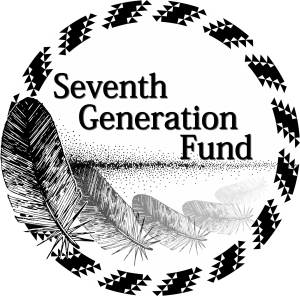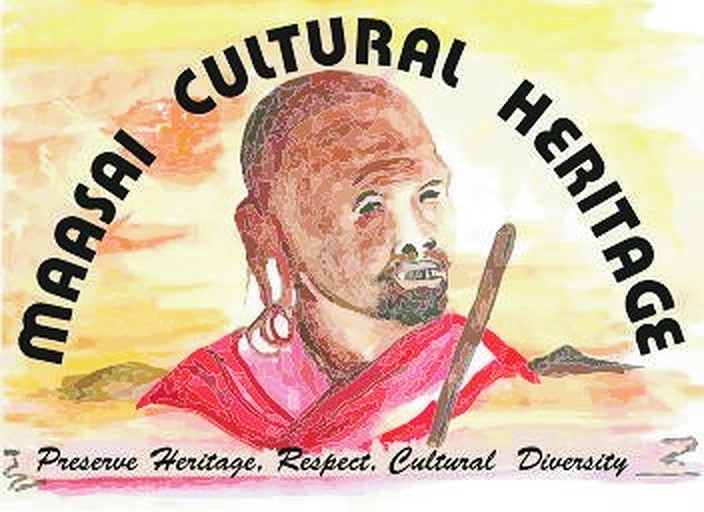 THE SEVENTH GENERATION FUND FOR INDIGENOUS PEOPLES
THE SEVENTH GENERATION FUND FOR INDIGENOUS PEOPLES
PROJECT PERIOD : 10TH DEC 2020 -9TH DEC 2021
The ‘RIVER OF BROWN WATERS’ is a project and story of a river called Ewaso Ng’iro in Northern Kenya crosscutting through the pastoralist counties of Laikipia, Samburu, Isiolo, and Marsabit. Ewaso Ng’iro River is a lifeline to a huge number of pastoralists and their livelihoods. It also supports wildlife and the various kinds of lives within its ecosystem. The river gives life from the simplest day to day chores of a pastoralist woman at home all the way to the livestock, wildlife, and vegetation around its ecosystem.
As we speak about the life the river gives, we also bring to the screen the life this river has lived and the threats it’s facing from climate change, mega national government projects, different stakeholders along the river, and activities such as sand harvesting and charcoal burning.
When the river dries, conflict emerge on various levels along the rivers’ ecosystem. Life is lost, cultures, traditions, and at large, pastoralism is also facing a very slow unnoticeable extinction that is only felt by the marginalized indigenous communities in northern Kenya. Wildlife that these communities have lived with and conserved for very many years is also facing a slow extinction.
The project stays engaged with and accountable to the community through a campaign called the Camel Caravan. Camel caravan is a community-based initiative that began in 2013 and over the years it has received support from various organizations from different geographical areas in northern Kenya.
he campaign engages the different indigenous communities who have united and are on the frontline to fight for the river as well as give nature a voice, coming up with locally-led solutions on how to save and conserve the river.
The campaign has also shown importance on the community’s heritage and identity around the river by helping the young generation understand why certain rituals, traditions, sacred sites, and cultural traditional ceremonies depend not only on the river’s water but on certain herbs, plants, and trees along with the river’s ecosystem.
This has encouraged youths from the Maasai community to join in the campaign and be in the frontline to voice out the river’s voice both at traditional levels and county levels. They have also taken the campaign to different social platforms that have helped enhance and add more interest to various stakeholders to take part in the campaign.
Maasai cultural Heritage (MCH) intends to engage a development approach through harmonizing the traditional system of governance with modern ways by building and strengthening the already existing community traditional systems. This is the starting point in a bid to empower the community to participate in their own development.
The project is culturally based since it supports the culture and traditions of the Maasai community through their various rituals and cultural ceremonies.
READ MORE
